Lee was proud to be named after Lee Krasner, the famous artist and partner to Jackson Pollock. She used that inspiration as an artist majoring in painting in her final year of college. She has always been fascinated by blending traditional art techniques with new tools and technologies. Evidence of this could be seen in her art studio, which was often messy with canvases that were blank, in process, and finished hanging on the wall. One of her friends stopped by her studio and introduced her to a new tool he had just discovered. He called it an AI art generator and boldly said that the future of art-making would allow for endless possibilities.
Later at night, when she was home, Lee uploaded photos of her paintings to this tool to see how it would interpret and change her work. She was stunned by what she saw. The images somehow retained what seemed to be the essence of her style but also transformed them in ways that she didn't even imagine while she was painting them. She decided to add these to her upcoming exhibition, which she was now calling "Synthesis."
She marched on making more digital and painted works leading up to the show. When she showed her classmates what she had been working on, she began receiving challenging questions from them and her professors. They asked her if she was the author of the works, which were created by an algorithm that had been trained on thousands upon thousands of works by unknown artists, be considered your original works?" Questions like these force us to consider the nature of creativity and what role the artist has if artificial intelligence is used as a tool in these ways.
Lee found herself torn between two perspectives. On one hand, she felt a solid connection to the pieces generated by the AI tool. After all, she chose which original paintings to input, she curated what the AI tool output, and she made intential choices about which pieces to include in her exhibition. Could she consider her creative decision-making a form of authorship? But she couldn't ignore that the AI tool had transformed her work in ways she hadn't anticipated or had any control over. Was she a curator or facilitator rather than a creator?
She contacted a local tech startup specializing in making these kinds of AI art tools. She was surprised they invited her to collaborate to develop a new AI model they were developing, which could be trained specifically on her artistic style. This experience helped her to see how humans and AI tools could collaborate more deeply. By actually participating in the AI's development, Lee thought she could have more control over the final output. This raised new questions about what separates human and machine creativity and if artistic styles would become homogenized.
Lee felt uninformed, so she began reading books about originality in art and how art often has an aura that changes whenever it's reproduced repeatedly. Lisa saw a similarity with our dilemma and wondered if AI reproduction would also affect the aura of her work. Lee also looked into the complex legal and ethical landscape of AI-generated content and felt unsure whether or not she was contributing to a growing problem.
Nevertheless, Lee showed those images generated by AI. She felt like she had a more evolved point of view, so she added a story about what she learned about authorship and originality in the age of AI next to each of the images. The exhibition led to a lot of dialogue between her classmates, instructors, and the public, who came about the evolving relationship between AI and human creativity.
What do you think?
Questions for Discussion
List of resources that, in part, focus on this topic